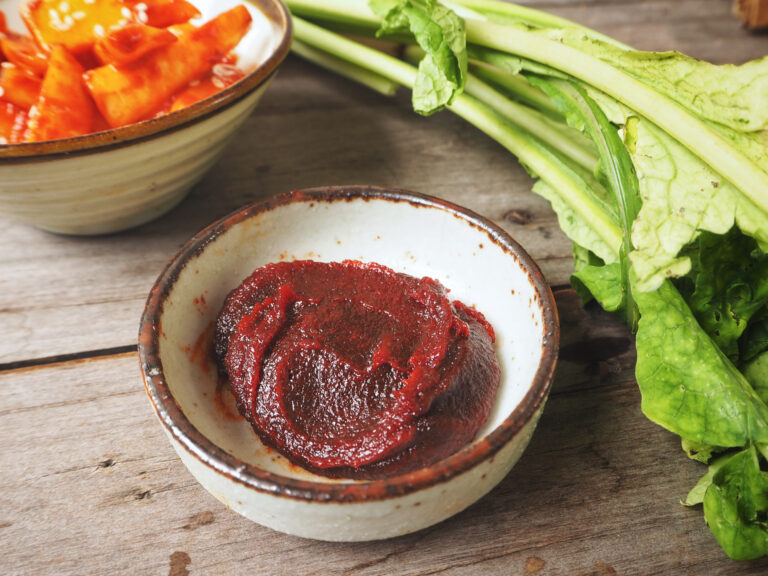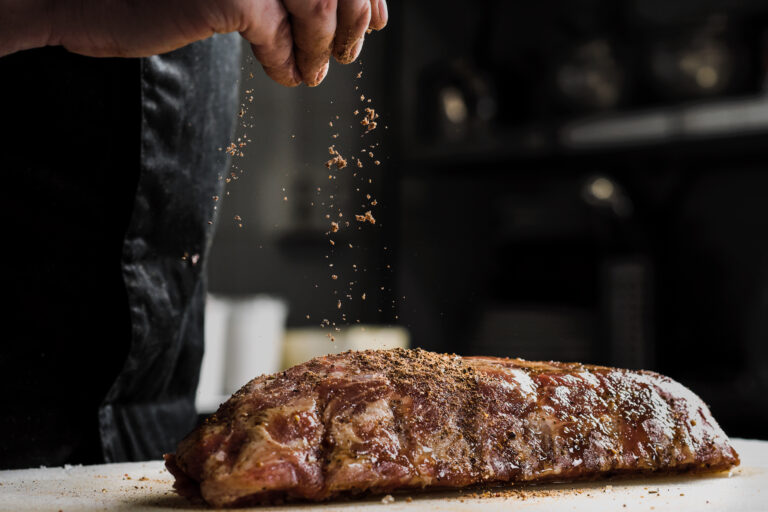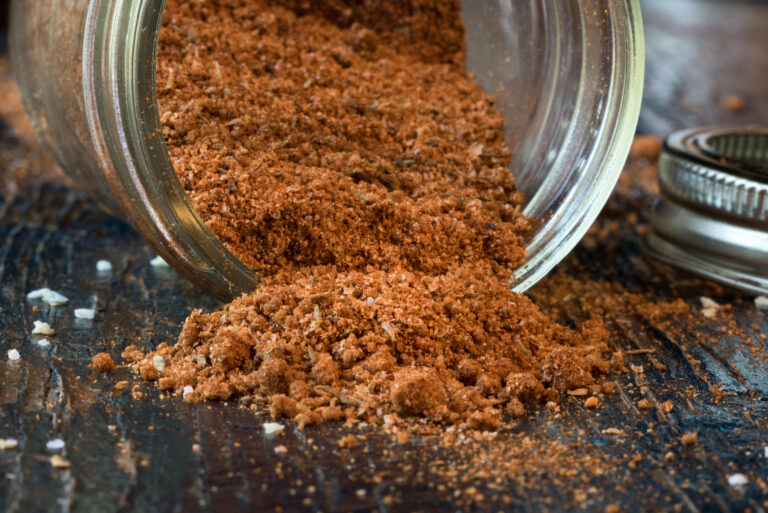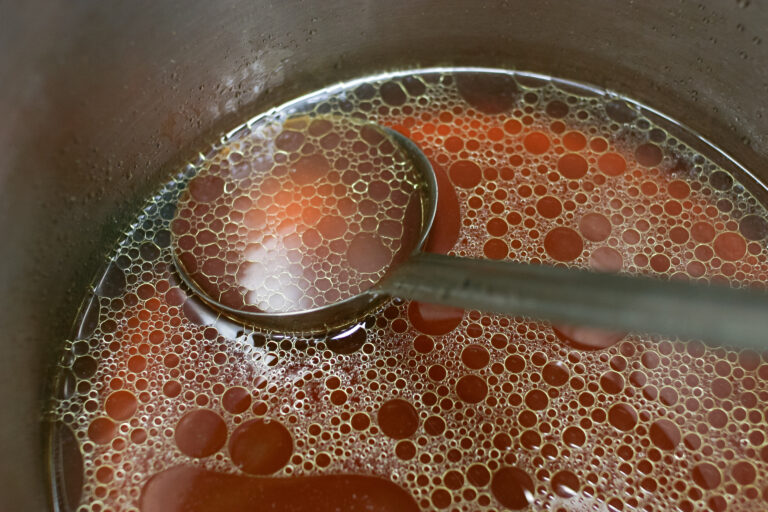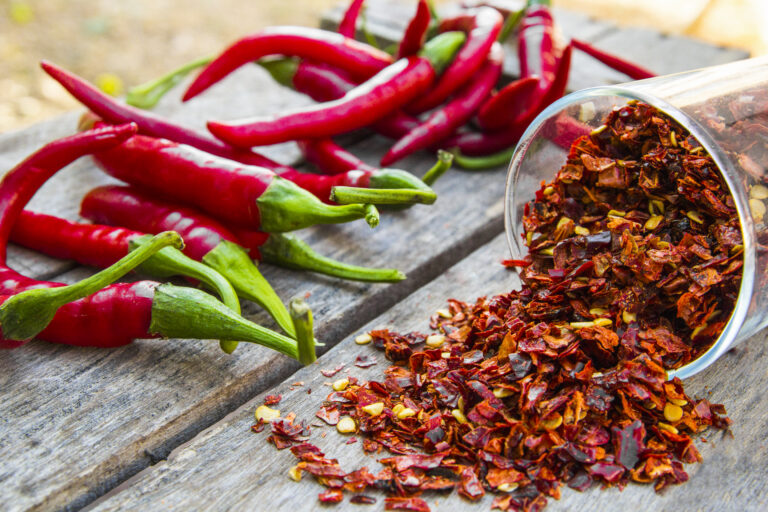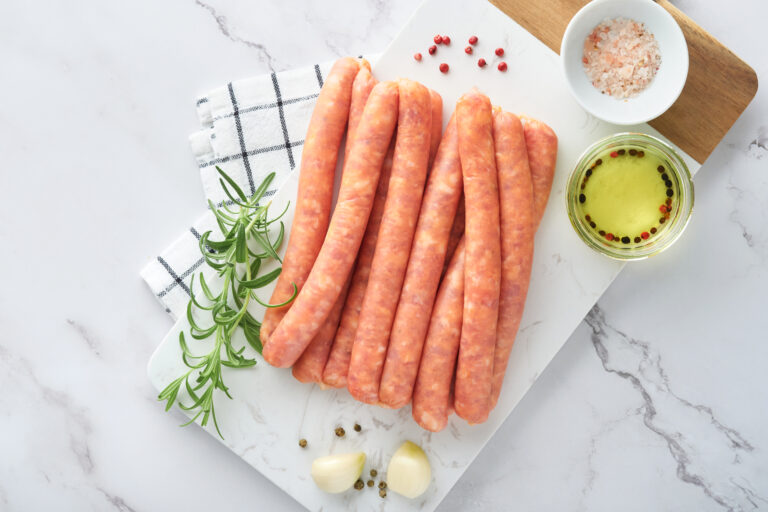10 Essential Spices for Home Cooking to Boost Flavor and Health
Enhance everyday meals with key spices like black pepper, garlic powder, cumin, and cayenne pepper. Discover health benefits and storage tips for optimal flavor.
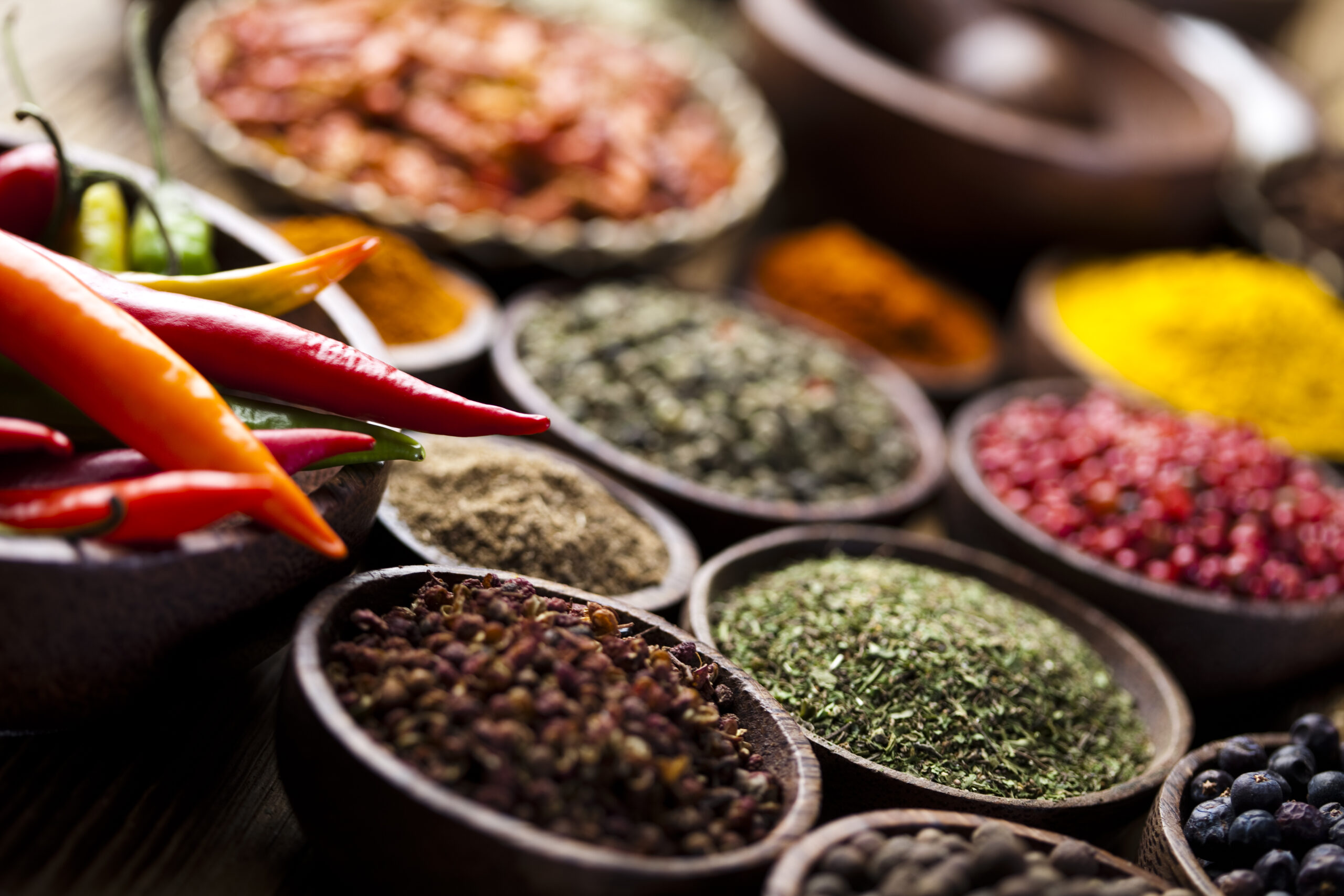
Elevate your everyday meals with the right spices that pack a punch of flavor and aroma. Discover the essential spices every home cook should have in their pantry.
Disclosure: As an Amazon Associate, this site earns from qualifying purchases. Thank you!
Exploring Popular Spices for Everyday Use
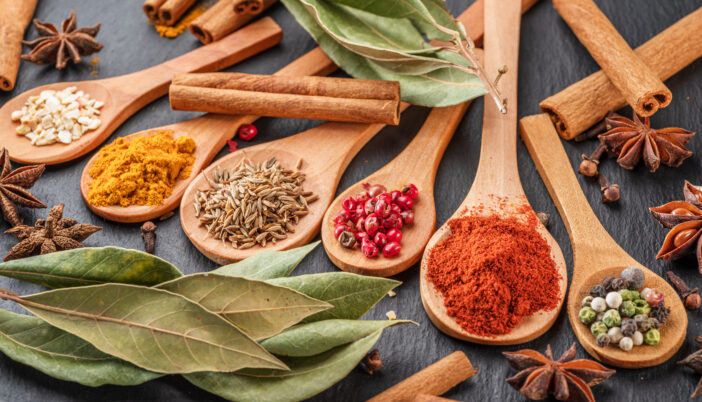
Black Pepper: The Universal Seasoning
Black pepper is a staple in every kitchen. It adds a touch of heat and depth to dishes like pasta, eggs, and soups. Grind it fresh for the best flavor.
Garlic Powder: For a Quick Flavor Boost
Garlic powder offers a convenient way to infuse dishes with garlic’s rich, savory taste. Sprinkle it on meats, vegetables, and dressings for an instant upgrade.
Cumin: A Touch of Warmth
Cumin provides a warm, earthy flavor that’s essential in many global cuisines. Use it in chili, curry, and bean dishes to enhance their complexity.
Cayenne Pepper: Adding a Spicy Kick
Cayenne pepper brings heat and a hint of smokiness. Add it to sauces, stews, and marinades for an extra layer of flavor that wakes up your taste buds.
Health Benefits of Using Spices Daily
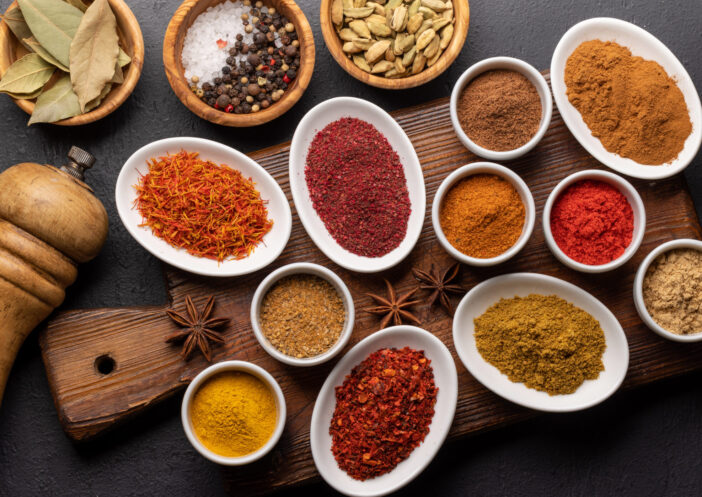
Incorporating spices into your daily meals can do more than just enhance flavor; they also offer various health benefits.
Antioxidant Properties of Turmeric
Turmeric is packed with curcumin, a powerful antioxidant. It neutralizes free radicals, which can protect your cells from damage. Research shows curcumin may improve brain function and lower the risk of brain diseases.
Anti-inflammatory Effects of Ginger
Ginger contains gingerol, known for its anti-inflammatory properties. It helps reduce muscle pain and soreness after exercise. Studies suggest it can also alleviate symptoms of osteoarthritis and improve digestion.
Metabolism Boosting Benefits of Cinnamon
Cinnamon can help boost your metabolism due to its compound, cinnamaldehyde. It regulates blood sugar levels by improving insulin sensitivity, making it easier to manage weight. Some research even suggests it can lower cholesterol.
Tips for Storing and Using Spices
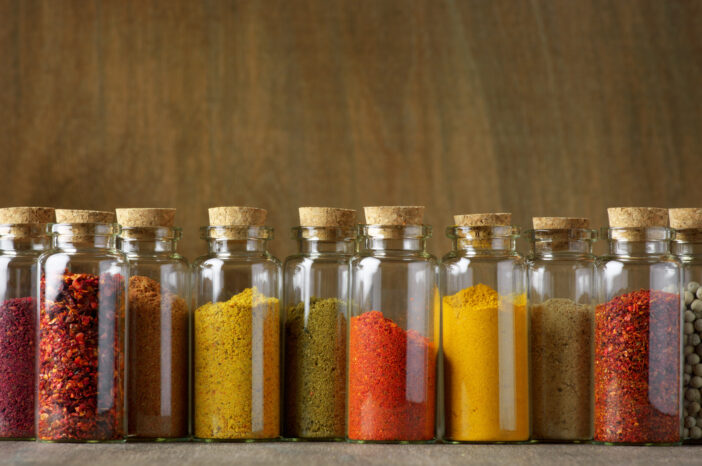
Storing and using spices correctly can elevate your cooking. Let’s delve into best practices and techniques.
Best Practices for Spice Storage
- Store in Cool, Dark Place: Keep spices away from heat, light, and moisture. Cabinets and pantries are ideal.
- Use Airtight Containers: Glass jars with tight lids preserve freshness and flavor longer. Avoid plastic containers.
- Label and Date: Always label spices with names and purchase dates. Rotate older spices to the front to use them first.
- Avoid the Fridge: Refrigeration can introduce moisture, degrading the quality. Stick with room temperature storage.
Usage Techniques
- Toast Spices: Heat spices in a dry pan to release essential oils and enhance aroma. Use immediately after toasting.
- Grind Fresh: Whole spices retain flavor longer. Grind them just before use for maximum potency.
- Bloom in Oil: Cooking spices in hot oil before adding other ingredients helps to intensify flavors. Swirl until fragrant.
- Pair Smartly: Combine complementary spices like cumin with coriander or cinnamon with nutmeg. This creates complex, rich tastes.
Spice Blends to Enhance Any Dish
Unlock a world of flavor with spice blends that elevate everyday meals.
Crafting the Perfect Curry Powder
Create a balanced curry powder with these essentials:
- Turmeric: Adds earthy aroma and health benefits.
- Cumin: Provides a warm, nutty flavor.
- Coriander: Contributes a slight sweetness.
- Black Pepper: Enhances overall spiciness.
- Ginger: Brings a zesty kick.
Mix equal parts of these spices and store them in a jar.
How to Make an All-purpose Herbal Blend
For a versatile herbal blend, combine:
- Basil: Adds a fresh, sweet flavor.
- Oregano: Brings robust, slightly bitter notes.
- Thyme: Offers subtle savory undertones.
- Rosemary: Imparts a pine-like aroma.
- Parsley: Adds a mild, fresh hint.
Use equal parts dried herbs for a balanced mix.
The Role of Herbs in Everyday Cooking
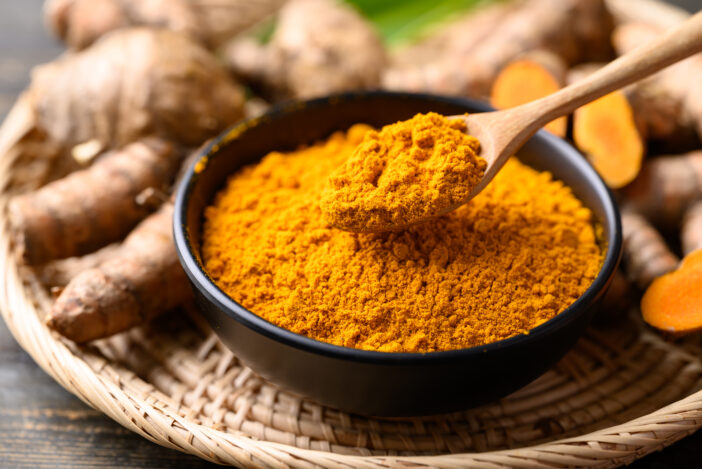
Herbs elevate your dishes by adding flavor, aroma, and freshness. They’re essential in creating a balanced and vibrant meal.
Differences Between Spices and Herbs
Spices come from seeds, roots, and bark, while herbs are leaves. Spices add depth; herbs provide brightness. Understanding both helps you optimize flavor.
Must-Have Herbs for Daily Cooking
- Basil: Great in pasta, salads, and pesto. Adds a sweet, aromatic touch.
- Oregano: Perfect for Italian and Mediterranean dishes. Zesty and robust.
- Thyme: Versatile in soups, roasts, and stews. Earthy and slightly minty.
- Rosemary: Ideal for meats and potatoes. Pine-like and fragrant.
- Parsley: Wonderful in garnishes and sauces. Fresh and slightly peppery.
Frequently Asked Questions
What are the best essential spices to keep in my kitchen?
Key essential spices include black pepper, garlic powder, cumin, and cayenne pepper. These spices enhance flavor and offer health benefits, making them must-haves for any kitchen.
How can I use turmeric in my cooking?
Turmeric can be used in various dishes such as curries, soups, and sauces. It’s known for its vibrant color and anti-inflammatory properties.
What are the health benefits of cinnamon?
Cinnamon has antioxidant and anti-inflammatory properties. It’s also known to help regulate blood sugar levels. Use it in baked goods, oatmeal, and smoothies.
How should I store spices to maintain their freshness?
Store spices in a cool, dark place in airtight containers. Proper storage helps retain their flavor and potency.
What is a simple spice blend I can make at home?
A balanced curry powder can be made with turmeric, cumin, coriander, black pepper, and ginger. Mix these spices in specific proportions to enhance your dishes.
How can an all-purpose herbal blend improve my cooking?
An all-purpose herbal blend made with basil, oregano, thyme, rosemary, and parsley adds depth and freshness to meals. It’s versatile and enhances many dishes.
What’s the difference between herbs and spices?
Herbs come from the leafy parts of plants, while spices come from seeds, bark, roots, and fruits. Both add unique flavors and benefits to cooking.
Can I combine spices and herbs in one dish?
Absolutely! Combining spices and herbs can create complex, flavorful dishes. Just be mindful of balancing the flavors to complement each other.
What are some tips for using ginger in cooking?
Fresh ginger can be grated into stir-fries, soups, and marinades for a zesty flavor. Ground ginger works well in baking and spice blends.
How do I know the right proportions for my spice blends?
Start with small quantities and adjust to taste. Common ratios are 1 part stronger spices to 2-3 parts milder spices. Experiment to find what works for you.

